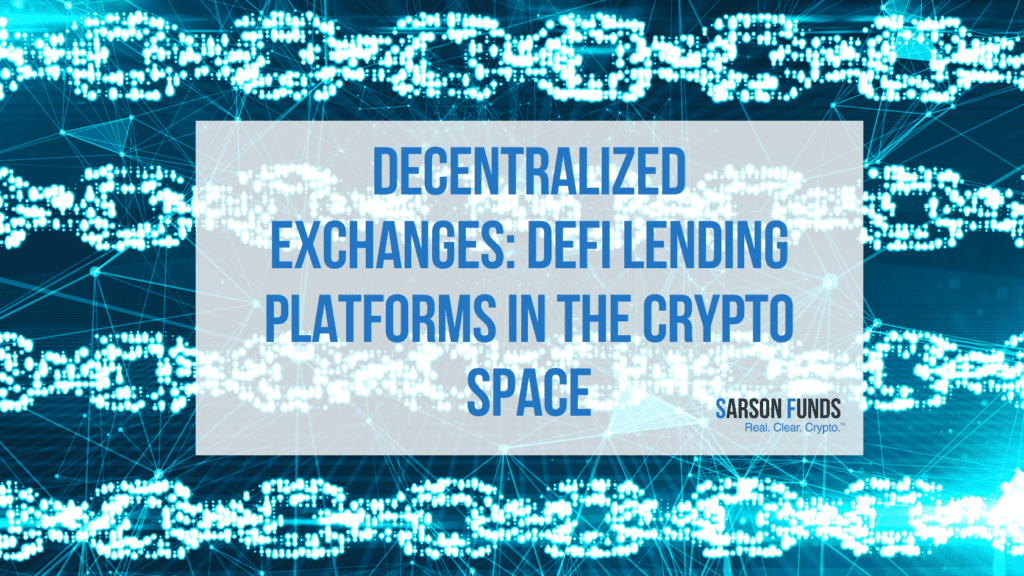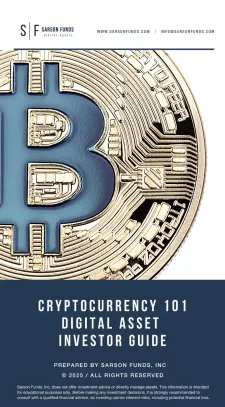
Lending is an integral part of finance and banking that helps give people a boost in reaching their financial goals. Individuals or institutions lend money to those who need it for a variety of reasons. Whether that be to start their own business, to go to school, to buy a home, etc. Whatever the reason, lending helps facilitate the flow of money in the economy as it is continually borrowed and shared. These sorts of traditional lending practices are also available in the crypto space, as the use of lending platforms has become increasingly popular in crypto today.
The biggest difference between traditional and Defi lending is that typically getting approved for a loan by a bank or other financial institution can prove to be tedious, requiring lots of documentation. Not to mention, time-consuming as they can take days or weeks to be approved. In contrast, DeFi lending is peer-to-peer (P2P), facilitating a direct relationship between both parties. Defi lending consists of lending cryptocurrencies in exchange for interest. This is an opportunity for individuals to grow their digital asset portfolios as they continue to see steady growth in the market overall. These trades consist of both the lender and borrower in a transaction backed by collateral in the form of crypto assets. Lenders will utilize smart contracts in order to make their assets available for lending. Lending exchanges can be conducted and implemented through a variety of different DeFi platforms such as Aave, Compound, SushiSwap, Uniswap, and many more. These platforms allow and support various different cryptocurrency pools including Ethereum (ETH), DAI, USDC, USDT, etc.
Aave
Coming to fruition in 2017, Aave is a secure and audited DeFi lending platform. This liquidity market protocol makes it easy for both borrowers and lenders to use their services. With its open-source contract, decentralized apps and other third parties can access the protocol as well, driving up value. The protocol is currently valued at over $4.8 billion dollars with assets such as DAI and USD coins seeing millions borrowed. Borrowers in AAve receive LEND tokens whereas Lenders will receive aTokens, each providing separate benefits. Lenders will benefit from APY (Annual Percentage Yield) percentages based on borrowers’ interest rates. On the other hand, borrowers will be freed of any transaction fees when using the LEND token. Additionally, if a LEND token is used as collateral, all borrowers will be eligible for a discount. These perks, along with AAve users’ ability to compare and select variable or stable interest rates make it a user-friendly, flexible protocol.
Compound
Compound is a DeFi blockchain-based interest-based protocol that securely allows individuals to borrow and lend crypto without having to deal with the hassle of third parties. As your crypto assets are lent to the Compound wallet, you will gain interest on those assets. In terms of borrowing, Compound makes this feature incredibly accessible to any person, as there is no administered credit score check as traditional banks may have. When lending or borrowing, one will be given ‘C-Tokens’ that can be manipulated in a variety of different decentralized applications. Additionally, the COMP token is governed by users that own 1% or more of the COMP protocol.
SushiSwap
With accessibility at the forefront of their mission SushiSwap’s motto “with sushi, everyone can be a chef” has held true. SushiSwap has become an increasingly popular decentralized exchange protocol, since forking from Uniswap in August 2020. This protocol runs on the Ethereum blockchain and is an automated market maker (AMM) exchange. Many people turned to SushiSwap after the older popular protocol, Uniswap, forked. Unlike Uniswap, Sushi created their own native token in order to increase profits from returns, gaining them an abundance of users. Once you download a crypto wallet, you will be able to see the returns each pool will provide and which ones you may want to add to or swap other tokens for. Uniswap has since kicked things into high gear, releasing their native token, UNI in September of 2020. Their main differences today include user experience, liquidity rewards, and overall revenue.
While there are many valid debates for which Decentralized Exchange (Dex) is the best, or most functional, Decentralized Exchanges will continue to gain popularity as the user has the complete ability to control their funds, providing a more flexible and open way to lend and borrow money as a whole.
By Abigail Almonte
Disclosures: Not investment advice. It should be assumed that Sarson Funds or its affiliated managers hold positions in all projects that are discussed. It is not possible to invest in any project directly through Sarson Funds, Inc. or its affiliated managers. Any investment product offered by managers affiliated with Sarson Funds should be assumed to be only available to Accredited Investors and subject to the individual terms and conditions of that offering including but not limited to those eligibility requirements associated with U.S. Securities Regulation D, section 506c. Talk with your financial advisor before making any investment decisions or have them contact Sarson Funds directly at [email protected]








